
Early Childhood Education At Home
Early Childhood Education at home is good for our kids –why are we saying it’s not? Parents of young children…
[cat_cust_menu]

Early Childhood Education at home is good for our kids –why are we saying it’s not? Parents of young children…

Key points: Engaging in shared attention efforts is one of the easiest ways to bond with your child while supporting…

Key points:1. Babies benefit from repetition for brain development and feeling secure. Exploring the same activity repeatedly helps in forming…

Key points: Socioemotional benefits: Singing is a shared activity that builds social skills, regulates emotions, and models self-care. Physical, cognitive,…
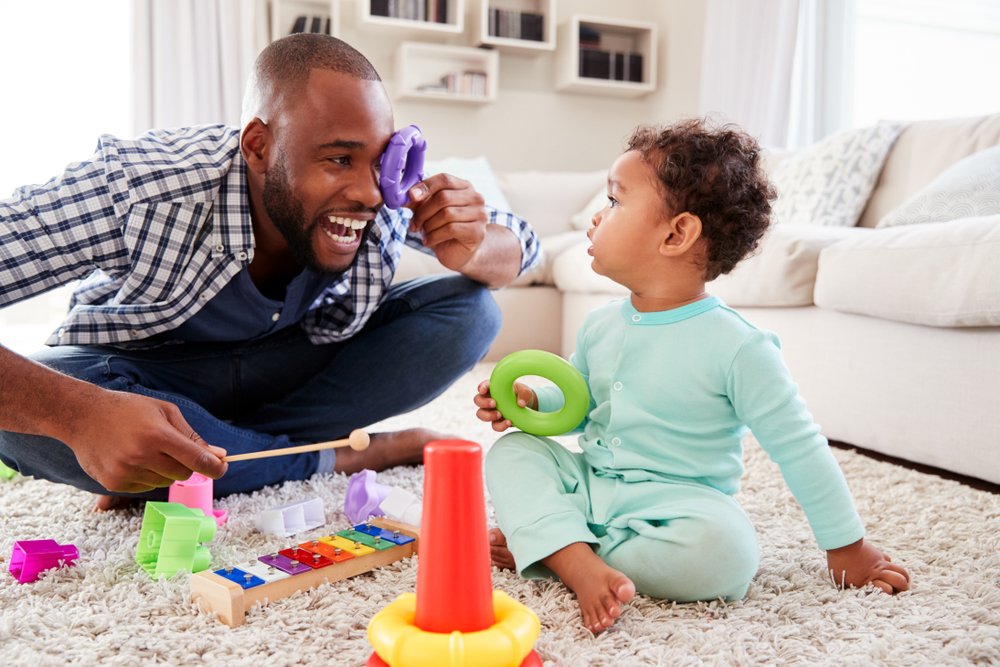
Key points: Serve and return are back and forth interactions between a parent and a child, where the adults share…

Key points: Babies learn language from listening to people around them, and as they get older, they start to comprehend…

Key points: Baby’s brain develops 90% of its adult size in the first three years. Early experiences shape neural connections…
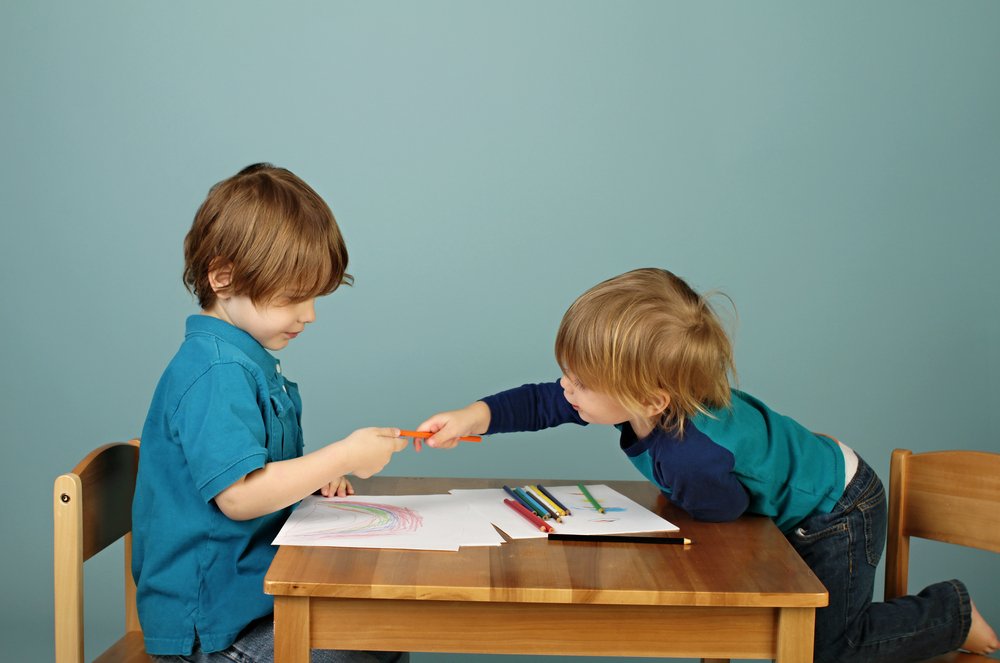
Key points: Understanding ownership is a crucial developmental milestone at around 29 months. Ownership is an abstract concept, vital for…

Key points: Theory of Mind is understanding others’ mental states (emotions, intent, beliefs). It’s a fundamental cognitive ability developed through…

Children are born curious and as they grow their curiosity and learning grow with them. Curiosity has been characterized as…
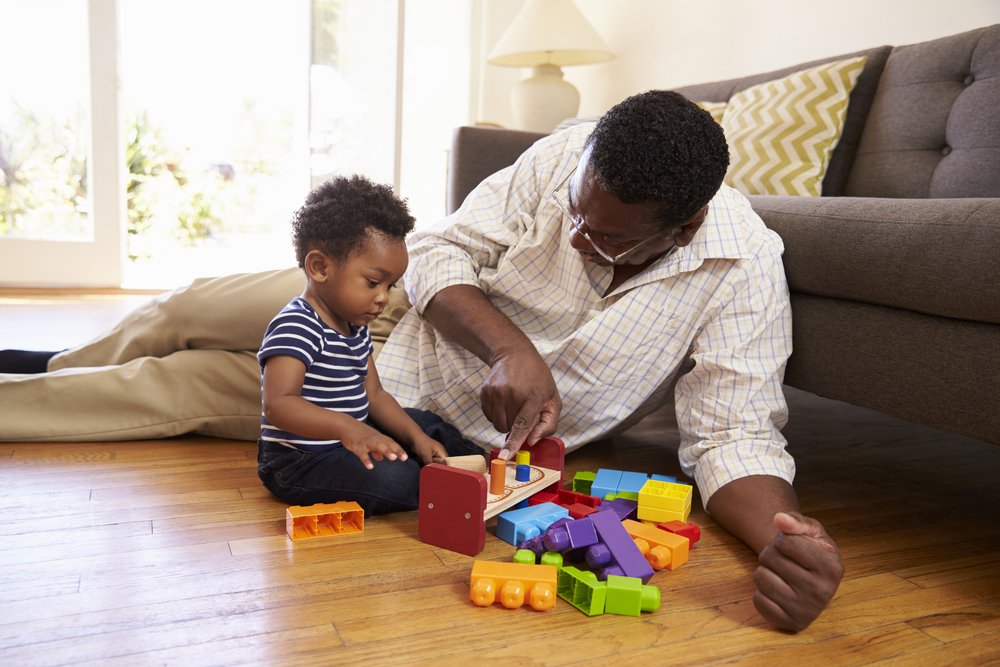
Key points: Trillions of connections made in a child’s brain during their first years are crucial to their early wiring…
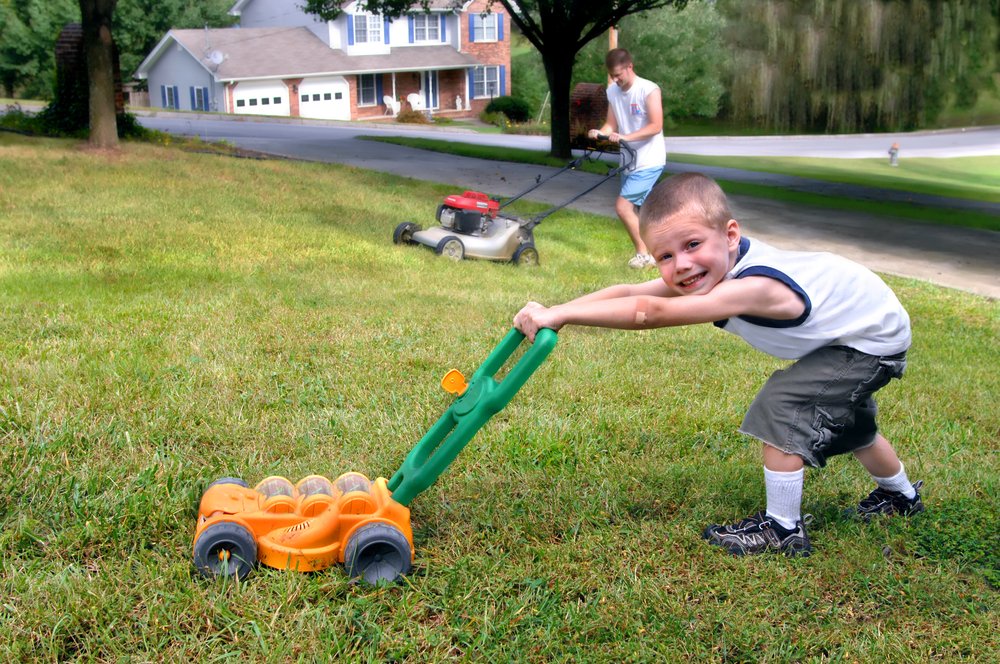
Key points: Imitation plays a crucial role in a child’s socio-emotional development, influencing their habits, expressions, points of view, word…
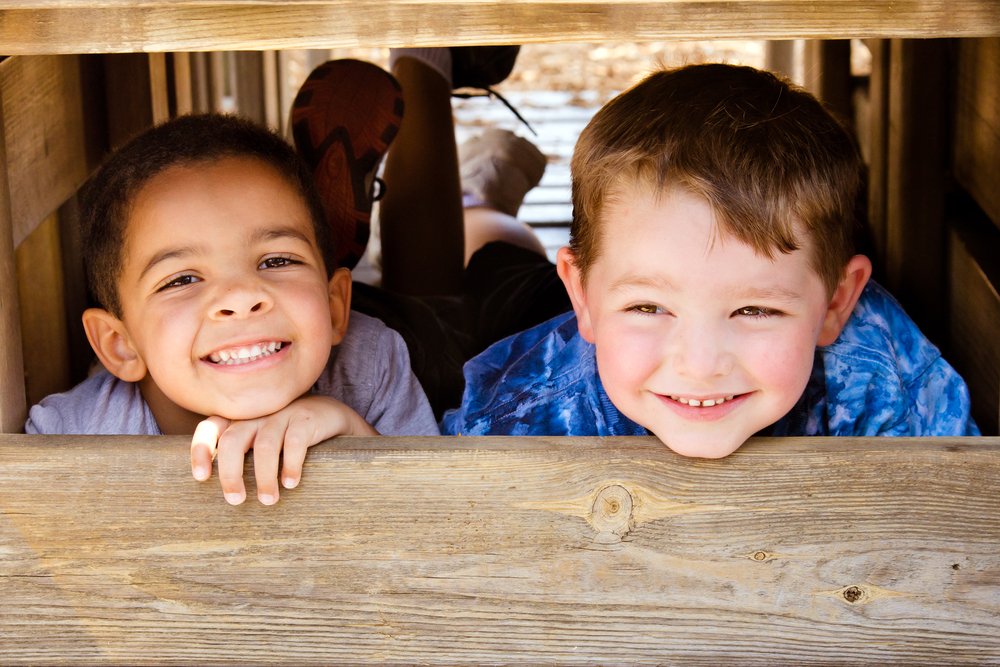
Key points: As children grow, their play styles transition from solo play to more interactive and cooperative play with peers….

Key points: Turning your home into a musical environment positively influences a child’s cognitive, physical, linguistic, and social-emotional development. Experiment…
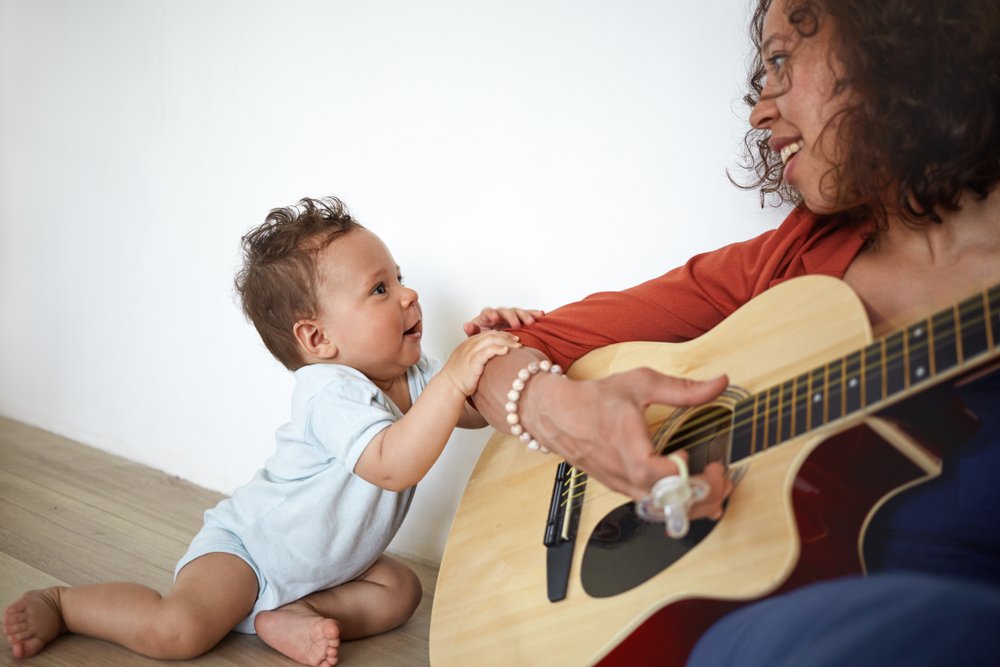
Key points:1. Music positively impacts brain development and learning motivation.2. Music enhances memory and cognitive functions in children.3. Musical activities…

Key points:1. Music contributes to creating brain connections, enhancing cognitive development and communication skills in children.2. Music affects memory retrieval…

Key points:1. Scaffolding is a learning process in which adults provide support to children’s development, helping them connect existing knowledge…
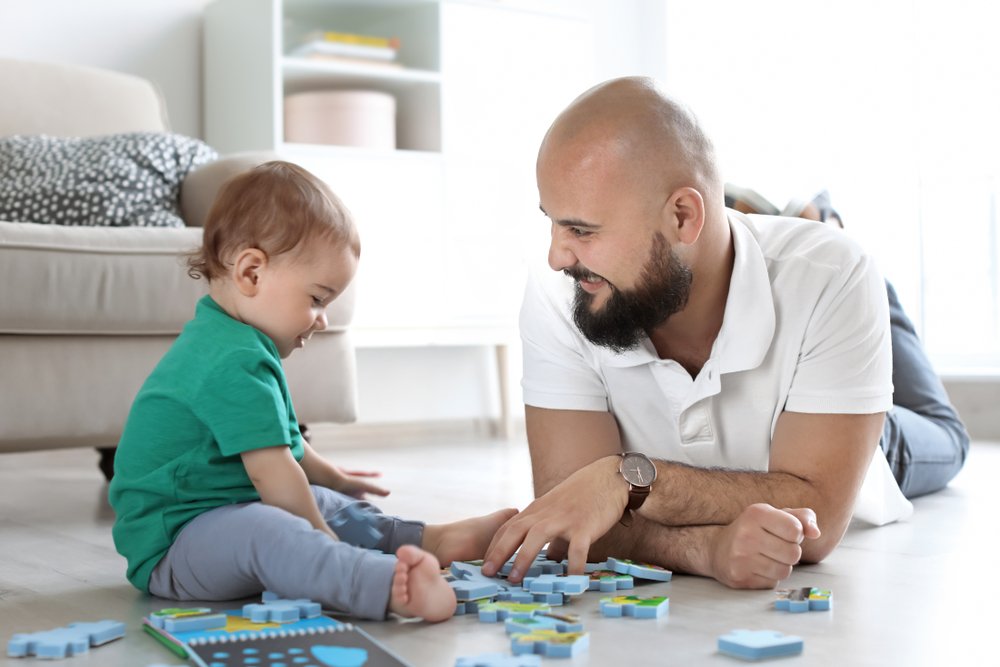
Key points:1. Children understand concepts like big and small and start grasping numbers and spatial prepositions.2. Gestures play a role…
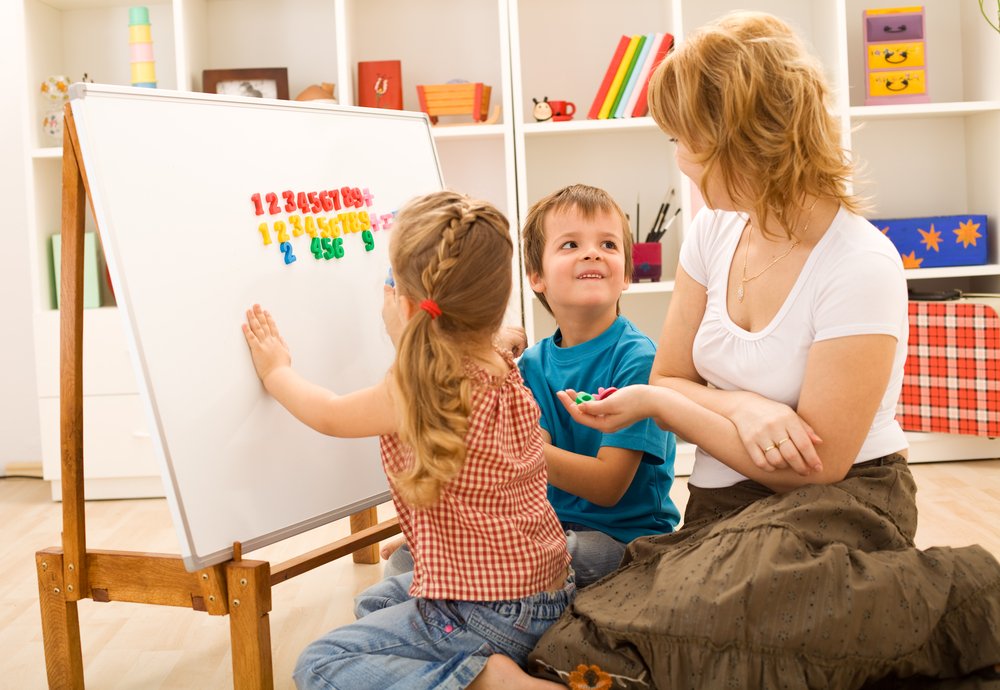
Key points: Mathematical concepts in young children develop through their daily play experiences. Around age two, children start distinguishing between…
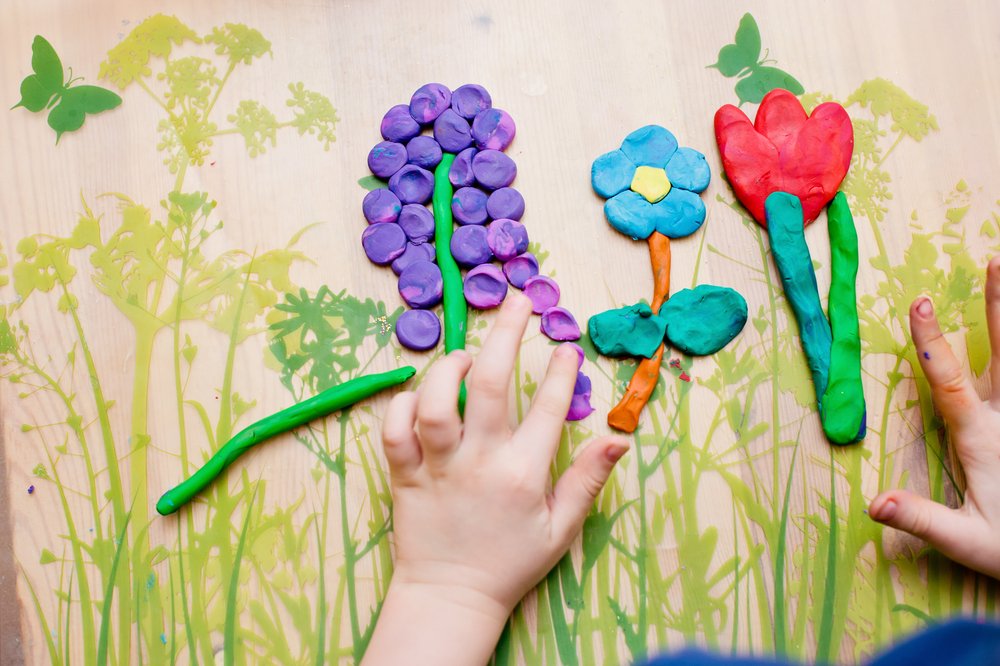
Key points: Hand preference or dominance emerges between 2 and 4 years of age in most children. Hand preference stabilizes…
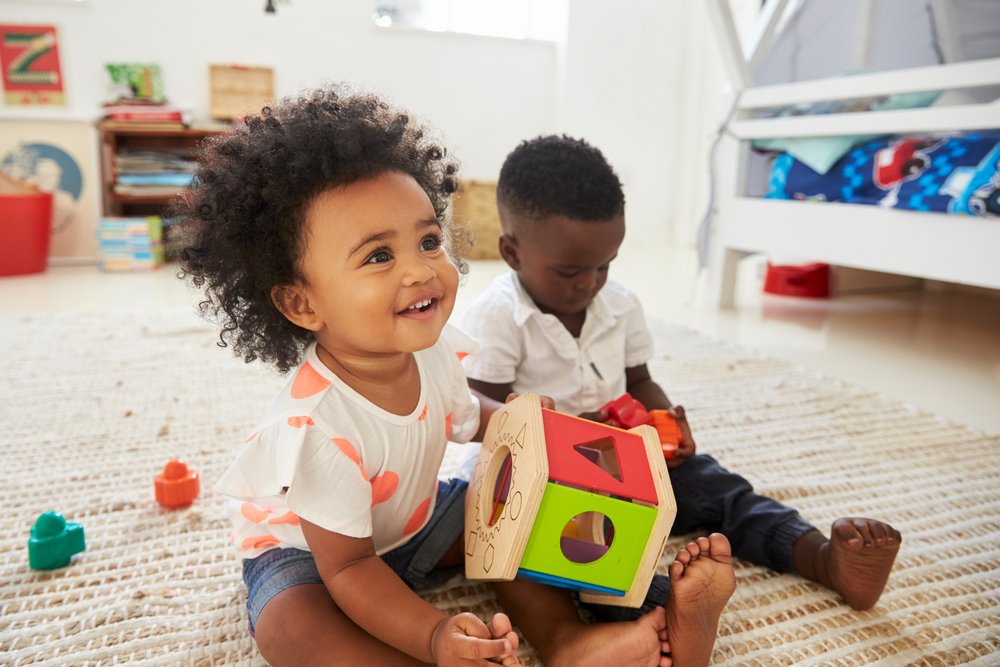
Key points: Object manipulation in early development is crucial for later language, communication, and gestural skills. Exploration of objects is…
Subscribe to our newsletter and join Kinedu’s community